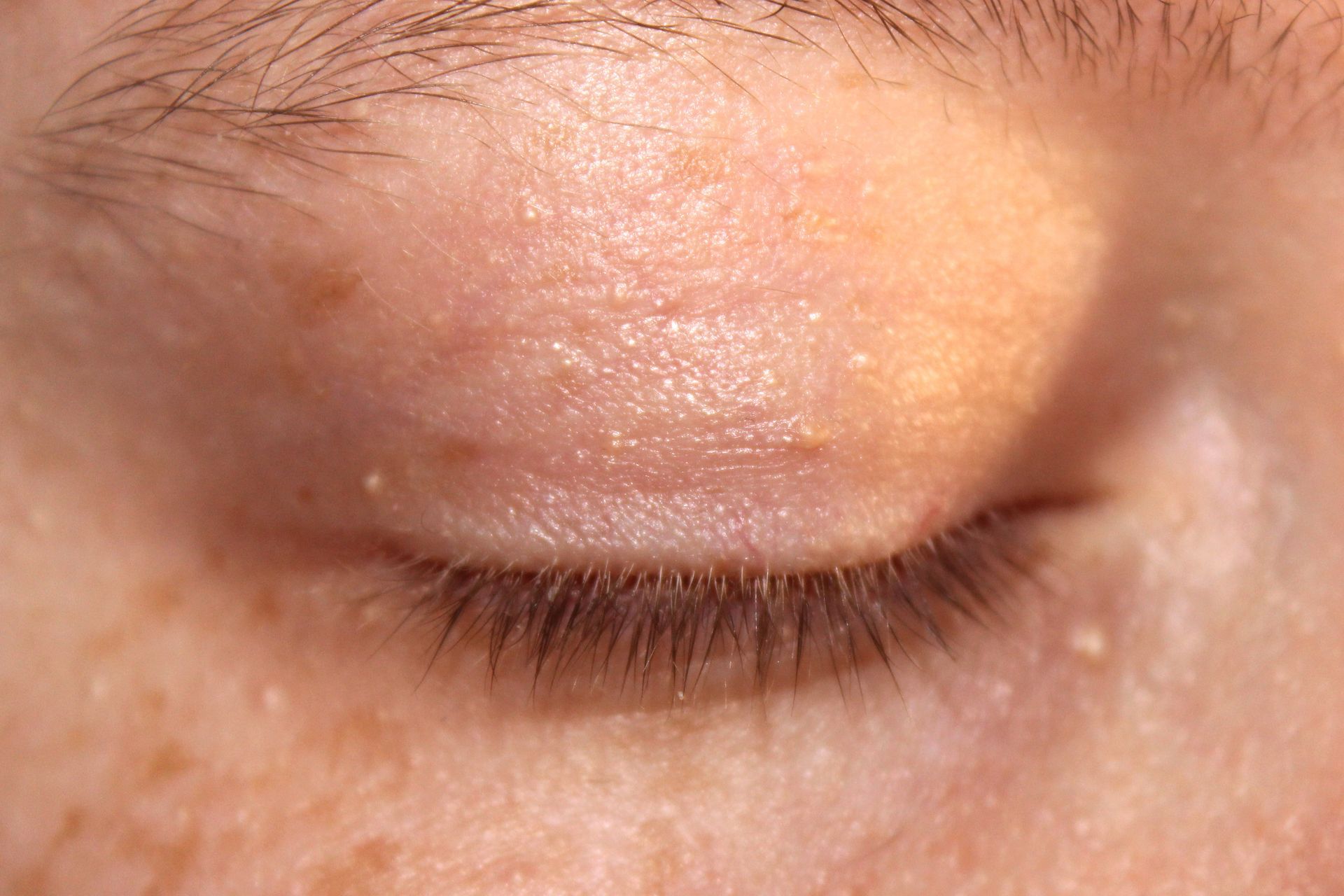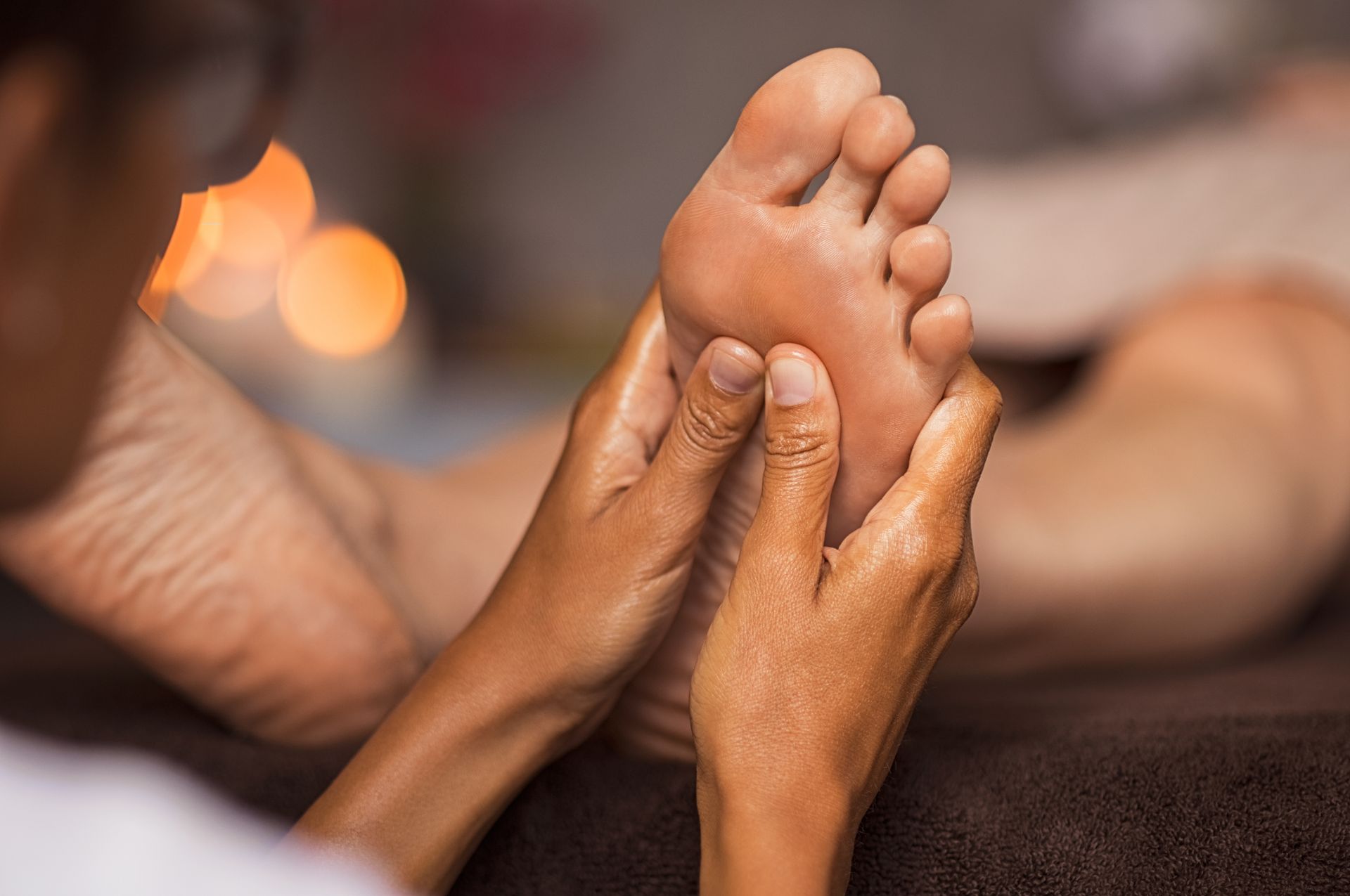Foam Rollers vs. Deep Tissue Massage: Which is Better?
Why Use a Foam Roller and Is It a Good Alternative to Deep Tissue Massage?
Foam rollers have become a staple in fitness and rehabilitation routines for their ability to alleviate muscle tightness and enhance recovery. But how effective are they compared to deep tissue massages? Let’s delve into why you might use a foam roller, where you can use it, and whether it serves as a good alternative to deep tissue massage.
Why Use a Foam Roller?
- Self-Myofascial Release (SMR): Foam rollers help release tension in the fascia, the connective tissue surrounding muscles. This can reduce pain and improve mobility.
- Enhanced Blood Flow: Rolling over muscles boosts blood circulation, crucial for muscle recovery and overall health.
- Injury Prevention: Regular foam rolling keeps muscles flexible and supple, helping to prevent injuries.
- Cost-Effective and Convenient: Foam rollers are a one-time investment and can be used anytime, making them a practical tool for muscle maintenance.
Areas to Use a Foam Roller
Foam rollers are versatile and can be used on various parts of the body:
- Back: Rolling your back can relieve tension and improve posture.
- Legs: Target the quads, hamstrings, calves, and IT bands to alleviate tightness and improve flexibility.
- Glutes: Rolling the glutes can help with lower back pain and hip flexibility.
- Shoulders: Rolling the shoulder area can reduce stiffness and enhance range of motion.
- Arms: Rolling the triceps and forearms is beneficial for those who engage in heavy lifting or repetitive arm movements.
Is a Foam Roller a Good Alternative to Deep Tissue Massage?
Pros of Foam Rolling:
- Affordable: Foam rollers are a one-time purchase and can be used at home or on the go.
- Convenient: They provide a quick and easy way to relieve muscle tension and soreness.
- Effective for Maintenance: Ideal for daily muscle maintenance and minor tension relief.
Cons Compared to Deep Tissue Massage:
- Depth of Pressure: Foam rollers may not reach the deeper layers of muscle tissue as effectively as a professional massage.
- Customization: A massage therapist can tailor the treatment to your specific needs, which foam rolling cannot.
- Complex Muscle Issues: Deep tissue massages are better suited for addressing complex muscle issues and chronic pain.
Conclusion:
Foam rollers are an excellent tool for daily muscle maintenance, improving flexibility, and alleviating minor muscle soreness. However, they are not a complete substitute for deep tissue massage. For deeper, more targeted muscle relief, professional deep tissue massages are more effective. By combining both methods, you can enjoy the benefits of enhanced muscle care and recovery.












